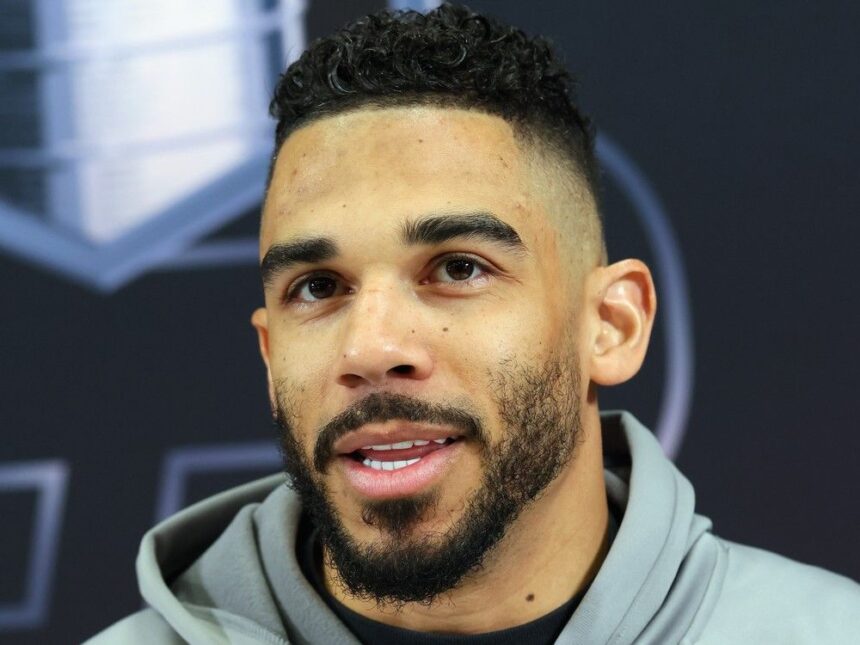The recent comments from Vancouver sports commentator Jason Brough about Evander Kane have ignited quite the firestorm among Edmonton hockey fans. As someone who’s covered Edmonton’s sports scene for years, I’ve watched the relationship between these two passionate hockey markets simmer with rivalry, but Brough’s remarks have added fresh fuel to an already blazing fire.
During his radio segment, Brough suggested Kane’s acquisition by the Oilers was essentially a desperate move, claiming the forward’s troubled past made him undesirable to most NHL teams. He went as far as describing Kane as “the guy nobody wanted” before Edmonton signed him.
For many Oilers supporters I’ve spoken with, these comments felt unnecessarily harsh and dismissive of Kane’s contributions since joining the team. Local fan Dave Michaels, who I met at a recent downtown watch party, didn’t mince words: “Kane’s been solid for us. Vancouver media just can’t stand seeing players succeed in Edmonton.”
What’s particularly interesting about this situation is how it highlights the deep-seated regional rivalry that extends beyond the ice. The Edmonton-Vancouver hockey relationship has always been complex – two passionate Canadian markets separated by mountains but connected by their fervent hockey traditions.
Kane’s journey to Edmonton wasn’t without controversy. His contract termination with San Jose followed several off-ice incidents that made headlines. However, since joining the Oilers, many hockey analysts have noted his positive impact both on the scoresheet and in the locker room.
Edmonton hockey analyst Terry Jones pointed out to me last week that “Kane has provided exactly what the Oilers needed – physical presence, scoring touch, and veteran leadership during playoff pushes.”
The reaction to Brough’s comments seems to transcend the typical sports debate. It’s touched a nerve about how Edmonton’s hockey market is perceived by outside commentators. Several fans at Rogers Place during my last visit were quick to suggest Vancouver media harbors resentment toward Edmonton’s recent playoff successes.
Local sports radio host Bob Stauffer defended Kane on his program, emphasizing how the forward has integrated well with Connor McDavid and the Oilers’ core. “Players deserve second chances,” Stauffer noted during our recent conversation. “And Kane has made the most of his opportunity here.”
What makes this story fascinating from a cultural perspective is how sports rivalries shape our regional identities. Edmonton and Vancouver fans derive part of their community connection through these sporting antagonisms.
Looking beyond the immediate controversy, this situation reveals something deeper about hockey culture in western Canada. These cities are bound by their shared passion for the game, yet fiercely protective of their unique hockey identities.
Kane himself has remained focused amid the noise. During a brief chat after practice last month, he told me: “I’m just concentrating on helping this team win. What people say doesn’t affect what happens on the ice.”
The social media response has been predictably divided along team loyalties, with hashtags supporting both perspectives trending across Alberta and British Columbia. Local businesses have even joined the conversation, with one Edmonton sports bar offering “Kane Special” discounts to mock the Vancouver commentary.
For Edmonton fans, this controversy feels like just another chapter in what they perceive as media bias against their team. Many pointed out that several players with checkered histories have played for Vancouver without similar criticism from local commentators.
As the playoffs approach, this Kane controversy adds another intriguing layer to the potential matchup between these teams. Should Edmonton and Vancouver meet in the postseason, expect Brough’s comments to resurface as part of the narrative.
Whatever your perspective on Kane’s past, his performance in Edmonton speaks for itself. He’s become an important piece of the Oilers’ pursuit of playoff success, contributing both scoring and physicality to complement their skilled core.
The true test, as always in professional sports, will come on the ice – not through radio commentary or social media debates. For Edmonton fans who’ve embraced Kane, his playoff performance will matter far more than any outside criticism.
As I’ve learned covering this city’s passionate hockey culture, Edmontonians care most about what happens on the ice at Rogers Place. And if Kane helps deliver playoff success, Brough’s comments will likely be remembered only as another chapter in this storied hockey rivalry.







